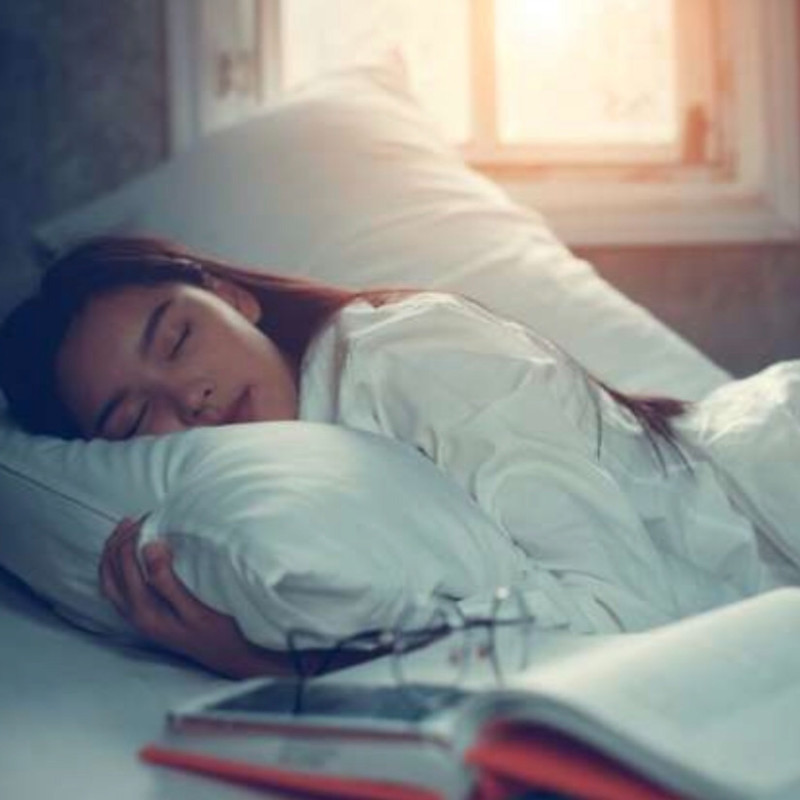In a perfect world, you’d go to bed at the same time every night and strive to get the recommended amount of sleep. That’s seven to nine hours for people ages 18 to 64 and seven to eight hours for those 65 and older. Tossing and turning all night trying to sleep is an actual nightmare. Sometimes this happens because of a temporary factor like unusual stress, so you can get back to sleeping well once this phase passes. But if you’re regularly getting a bad night’s sleep, it could be due to a habit that you are following:
⭐You don’t have a regular bedtime: some bedtime variation is OK! But, in general, you should try not to deviate from your usual sleep schedule by more than an hour or two.
⭐You stay on your phone until the moment you close your eyes: you’re exposing yourself to excessive light, especially the blue light that your phone emits, which can mess with your circadian rhythm and make it hard to fall asleep when you should.
⭐Leaving your phone next to your bed: it is distracting and can keep you from getting to sleep thanks to late-night texts from friends, email alerts, and social media pings. Even if your phone is on silent, the simple temptation of having it there when you can’t sleep may be overwhelming.
⭐You work out intensely right before bed: exercise can boost your energy—not exactly what you need when trying to fall asleep. It also tends to increase your body temperature, which is the opposite of your body temperature’s natural decline around bedtime, which makes hard to fall a sleep.
⭐You’re eating a lot right before bed: If you’re regularly having heavy meals or snacks in the two hours before bed, that can be a problem, the issue here is the acid reflux. If you’re super hungry then it’s absolutely OK to have a light snack. But if you’re eating late out of boredom and think it’s affecting your sleep, it’s best to try to avoid the evening snack.
⭐Having a cup of coffee or some other caffeinated beverage in the evening: If you have sleep issues, try to avoid having caffeine at all in the evening, especially 6 – 8 hours prior bed time.
So quitting all the above and having a regular relaxing routine right before bed will set you up for a good night rest:
⭐Relaxing bath salts.
⭐Dimmed lights.
⭐Sleepy teas.
⭐Light stretches.
⭐Reading a book.
⭐Melatonin tablets and magnesium can also help manage a better deep sleep.






